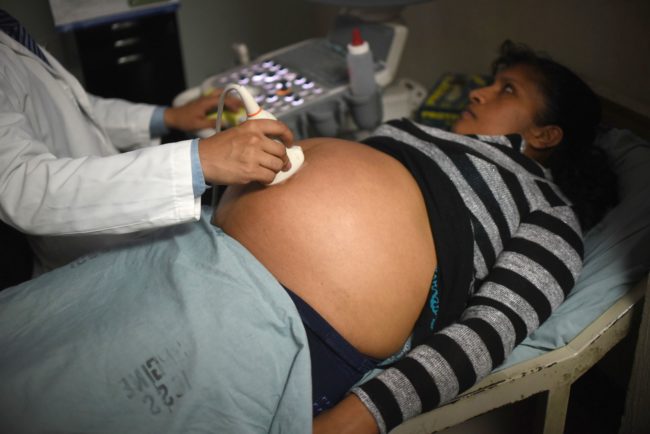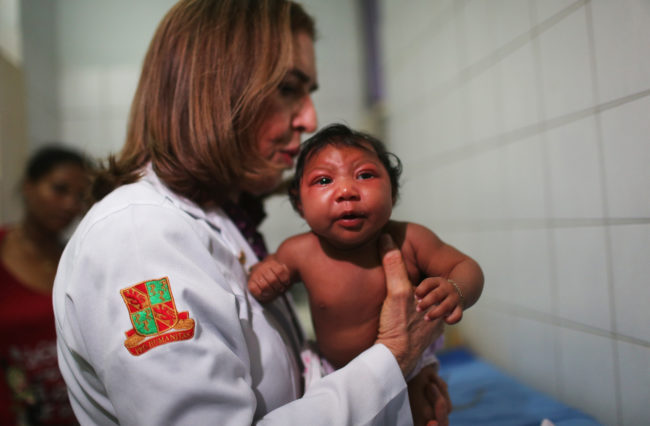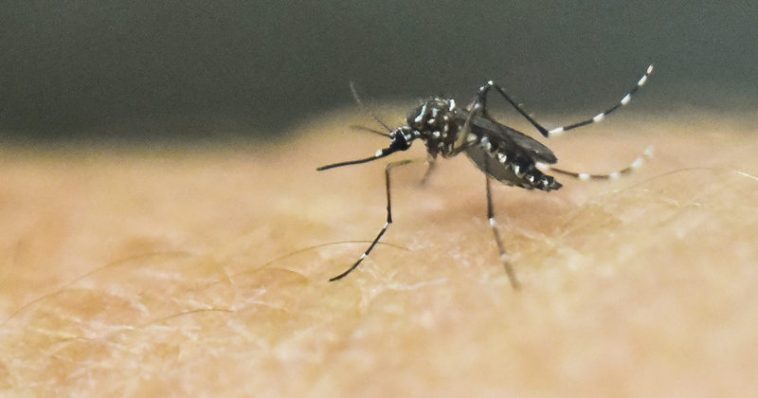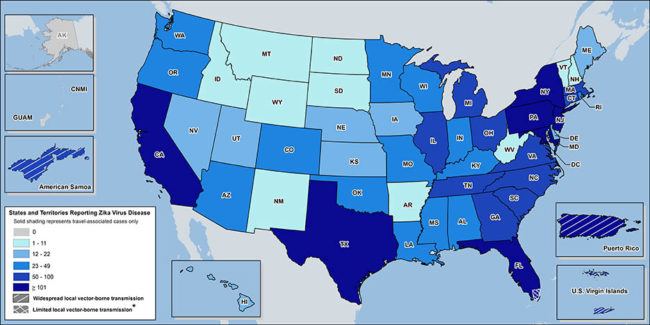By now you’ve at least heard about the Zika virus. But there’s a lot about it you probably don’t know.
Zika has been around since 1947, but it wasn’t until last summer’s international outbreak that the virus was brought into focus all around the world. Traditionally, Zika is spread by Aedes mosquitos bites, but it can also be passed on through sexual activity. In some areas, if a mosquito bites an infected person, they can transfer the virus to someone else they bite.
Common symptoms of Zika include rashes, fever, joint pain, and conjunctivitis. While some people experience more severe symptoms, it is not uncommon for infected people to show no symptoms at all.
Because of this, the Zika virus can be even more dangerous for young children and their parents. It’s important to keep informed to protect your kids and keep them safe. To do this, we’ve compiled a parent’s go-to guide for all things Zika-related.
Who’s at risk?
The short answer? Everyone…but particular groups are in more danger.

Getty Images
Pregnant women, and men who’s wives are hoping to become pregnant, should be especially careful. A Zika infection during pregnancy can cause extreme birth defects. Husbands can pass the virus to their wives through sex.
As of October 2016, nearly 900 pregnant women have been tested and show signs of a Zika infection in the U.S. If you’re pregnant or hope to become pregnant, you should refrain from traveling to known Zika hot spots.
Read More: These 18 Household Items Will Stop You From Being Annoyed By Bug Bites Ever Again
Where can you come in contact with the Zika virus?
The Centers for Disease Control and Prevention has put together a map with the total reported Zika virus infections by states. Florida, California, and New York have seen the highest number of reported cases.
Puerto Rico is experiencing an extremely high infection rate, too. For a more complete list of travel advisories regarding Zika, look here.
How can Zika impact your newborn?
Since the initial Zika outbreak in Brazil in 2015, researchers have discovered that babies infected by Zika are more likely to be born with microcephaly and other fetal brain defects.

Getty Images
Microcephaly is not necessarily an indicator of Zika in children. In most cases the condition was pre-existing, unless the child or parents had travelled to a Zika-prone area prior to birth.

Getty Images
The virus can also cause hearing loss, eye defects, growth impairments, and could potentially cause a pregnant woman to lose the baby.

Getty Images
A connection between the Zika virus and Guillain-Barré Syndrome is still being investigated. Guillain-Barré Syndrome is a condition where the person’s own nervous system begins destroying nerve cells.

Getty Images
Not all babies, who’s mothers were effected with Zika during the pregnancy are diagnosed with the virus. At the time of this writing in October 2016, only 23 infants born in the U.S. have shown signs of birth defects caused by Zika.

Getty Images
It is currently unknown if the trimester during which a pregnant woman is infected with Zika can have an impact on their unborn child. There is also no evidence to support that a mother that has had the virus, will pass down the virus to any future pregnancies. The long-term effects of a child infected with the virus is currently unknown, but is actively being researched by the CDC.

Getty Images
Read More: You’ll Laugh Out Loud When You Hear What He Has To Say About His Bug Bite
How is it treated or prevented?
There is currently no vaccine or medications for Zika, so to prevent children from coming in contact with the virus, the CDC recommends the below methods:

iStock
- Limit travel to Zika zones.
- Apply bug spray before going outside.
- Dress your child in clothing that covers arms and legs.
- Cover cribs and strollers with mosquito netting.
- It should be noted that you shouldn’t use insect repellent on babies under two months of age.
- Do not use products containing oil of lemon eucalyptus on children younger than three years old.
- Never spray insect repellent directly on a child’s face. Apply to your hands and then gently apply to your child.
How is Zika diagnosed?
Diagnosis is determined by a combination of a person’s recent travel history, symptoms, and lab results. A simple blood or urine test can confirm a Zika diagnosis.

iStock
While most reports say the virus can remain in the blood stream for about one week, the CDC now recommends that couples wait six months after possible Zika exposure before having unprotected sex or trying to conceive. The good news? Once a person is infected, they are likely protected from future infections.

iStock
If your child is experiencing symptoms of the Zika virus, take them to your doctor or medical health professional immediately.

iStock
For even more information regarding the Zika threat, click here.
(via Centers For Disease Control and Prevention)





Comments